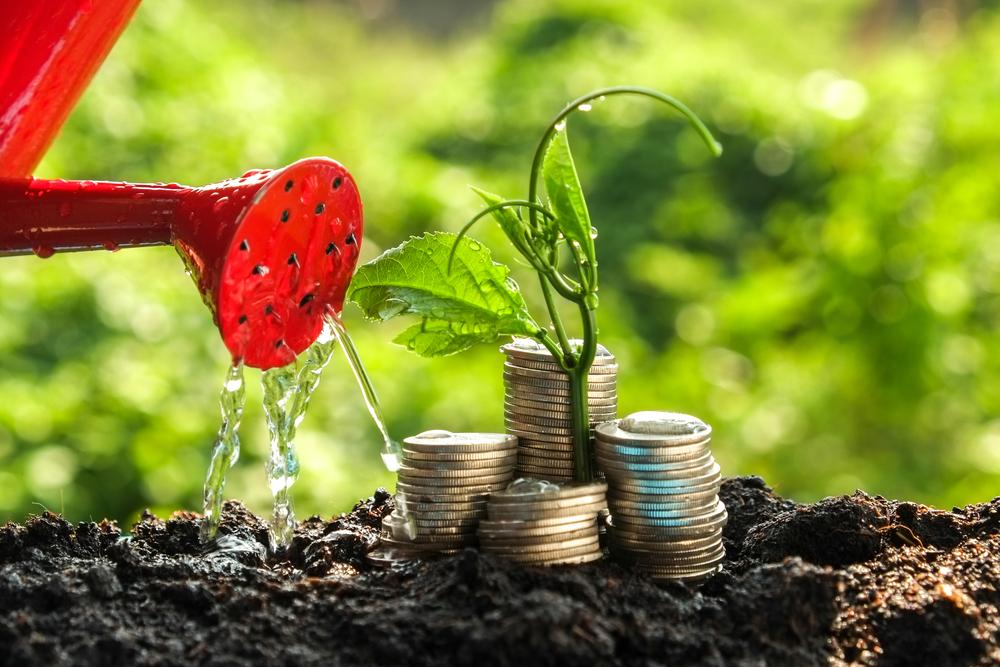Coronavirus hasn’t yet had its fill of using equities, assets and national economies as chew toys, and will almost certainly weigh on people and capital the world-over, for a good chunk of 2020.
One asset class I can’t help but feel sorry for (in the midst of the biggest dips since 2008) are sustainable and ethical investments, for instance in renewables.
These fields have enjoyed consistent success, especially over the last five or so years; as renewable assets, ESGs and Impact Investment funds have all become mainstream structures and business vernacular. What Coronavirus represents, perhaps, is the first reckoning for this asset class (if you’ll let me clumsily incorporate them under one umbrella).
Bringing up the spread of the illness in a conversation with JLEN Environmental Assets (LON:JLEN) Co-Lead and Investment Advisor, Chris Tanner, his hollow chuckle was palpable.
Tanner was by-and-large positive about the position of renewable assets, at least in comparison to forecasts for other assets and equities. Overall, he saw the challenges posed to renewables coming by way of supply-side issues – as opposed to the value of commodities, which directly correspond to market sentiment and risk.
For JLEN, perhaps these supply-side challenges come in the form of materials and manufactured hardware for their portfolio – which is largely UK-based. However, this is not the case with all sustainable investment offerings.
Impact Investment app Tickr, for instance, enables users the chance to invest in renewables assets based all over the world (among other asset classes). Their users have felt the heat of COVID19 more acutely, with some of the companies they support having operations in high-risk countries such as China.
Acknowledging the challenges posed by Coronavirus, and being wary of the substantial hit to its users’ earnings, Co-Founder Matt Latham offered the following words of comfort via a letter to investors:
“Seeing your money drop in value can feel uncomfortable. But with long-term investing it’s important not to focus too much on the short-term noise.”
“The market goes up and down each day. No one knows where it will be tomorrow. However, what history can tell us is that so far, 100% of corrections and crashes have always been followed by a recovery that comfortably offsets those losses.”
“[…] Even if you had invested in the US Stock Market (the S&P 500 to be exact) in the weeks prior to the 2008 crash (the largest financial crash since 1930), in the 10 years following you would’ve netted a +7-8% average annual return. That’s not bad going seeing as the 2008 crash wiped out ~50% of value from the S&P 500.”
What we can perhaps take away from this, is that we should perhaps temper our emotions and stay the course.
Sustainable investment is facing challenges like every other sector, but its natural tendency towards long-term holdings gives investors the opportunity to sit tight for now, and wait for sunnier skies in the months and years to come.
After enjoying impressive returns of around 7.12% over the three months to February, I’ve personally seen my Tickr portfolio’s growth narrow to 1.12%. Clean Energy is down 11.31% and Global Water by 11.64% this week alone, as the Coronavirus tightens its grip.
Regardless, I will echo Chris Tanner’s optimism, and Matt Latham’s advice. I think we need to be patient. It is better, in my opinion, to weather the storm in a long-sighted asset class, then flock worriedly to one investment or another, or capitalise on others’ losses.

